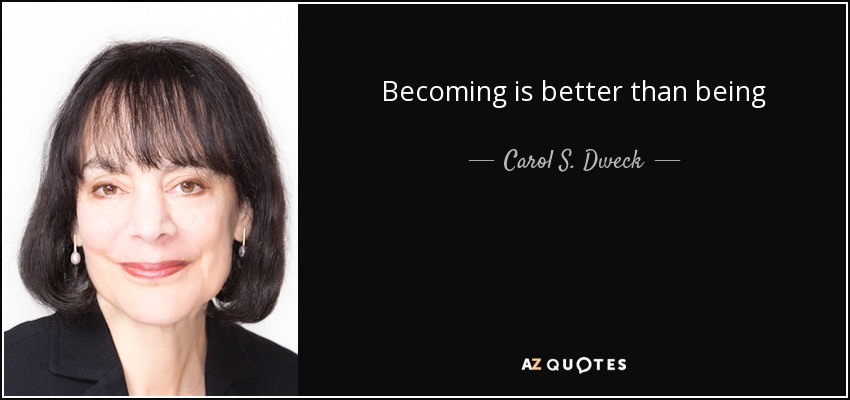
These outcomes may be rooted in the different goals that follow from holding either a fixed or an acquirable view of intelligence (Dweck and Leggett, 1988 Hong et al., 1997 Mueller and Dweck, 1998 Sorich-Blackwell, 2001). Previous behavioral studies have shown that students who believe that intelligence is a fixed quantity (‘entity theorists’) are particularly vulnerable to decreased performance when they realize they are at risk of failing, whereas students who view intelligence as acquirable (‘incremental theorists’) appear better able to remain effective learners.

One framework that has been informative in addressing not only how these beliefs affect overall performance, but also how they affect rebound following failure, concerns individuals’ theories of intelligence (TOI Dweck and Sorich, 1999). Yet, there is increasing evidence that the likelihood of their success is influenced not only by actual ability, but also by the beliefs and goals that they bring to the achievement situation (Elliot and Dweck, 2005). Most students aim to succeed on academic tests.


These results suggest that beliefs can influence learning success through top–down biasing of attention and conceptual processing toward goal-congruent information. Yet, following negative feedback, entity theorists demonstrated less sustained memory-related activity (left temporal negativity) to corrective information, suggesting reduced effortful conceptual encoding of this material–a strategic approach that may have contributed to their reduced error correction on a subsequent surprise retest. Focusing on waveforms associated with conflict detection and error correction in a test of general knowledge, we found evidence indicating that entity theorists oriented differently toward negative performance feedback, as indicated by an enhanced anterior frontal P3 that was also positively correlated with concerns about proving ability relative to others.

Guided by cognitive neuroscience models of top–down, goal-directed behavior, we use event-related potentials (ERPs) to understand how these beliefs influence attention to information associated with successful error correction. In contrast, students who believe intelligence is malleable (incremental theorists) tend to emphasize ‘learning goals’ and rebound better from occasional failures. Those who believe intelligence is a fixed entity (entity theorists) tend to emphasize ‘performance goals,’ leaving them vulnerable to negative feedback and likely to disengage from challenging learning opportunities. Students’ beliefs and goals can powerfully influence their learning success.


 0 kommentar(er)
0 kommentar(er)
